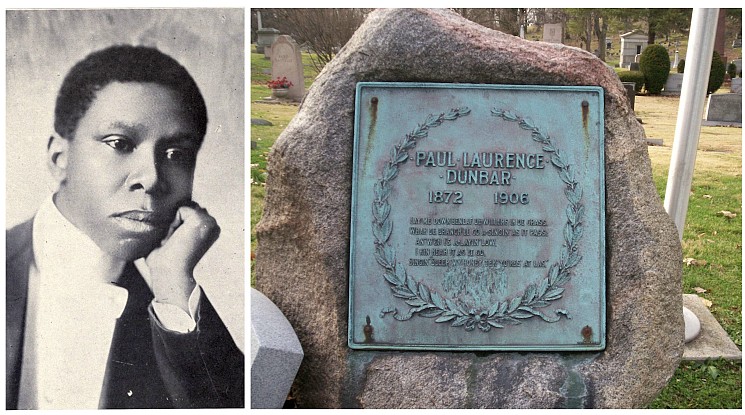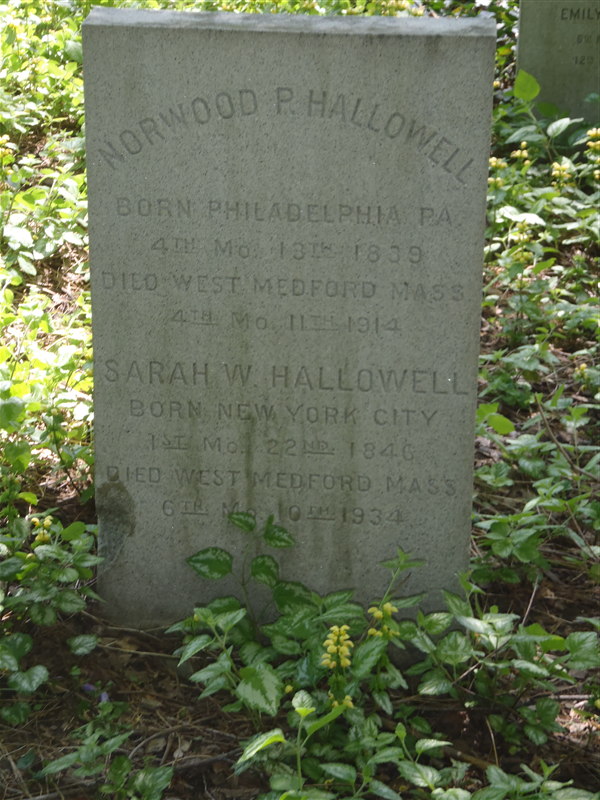Paul Laurence Dunbar: Voice of Fate

At the height of the Civil War, White officer Robert Gould Shaw led the famous 54th Massachusetts Regiment, the first all-black regiment in the Northeast, and died alongside his Black soldiers at Fort Wagner in 1863. Tributes came far and wide to honor the man who stepped away from his Boston Brahmin life to fight for the cause that would eventually lead to an end to slavery, as well as the brave men who followed him. For example, a plaque was added to his grandfather’s monument at Mount Auburn Cemetery on Pine Avenue in 1870.
Perhaps one surprising tribute came from a poet born nearly 10 years later some 800 miles west of Shaw’s hometown: Paul Laurence Dunbar. Dunbar, who was born 150 years ago in 1872 in Ohio, never knew Shaw personally but, nonetheless, penned a poetic tribute called “Robert Gould Shaw” in 1900:
Why was it that the thunder voice of Fate
Should call thee, studious, form the classic groves,
Where calm-eyed Pallas with still footstep roves,
And charge thee seek the turmoil of the state?
What bade thee hear the voice and rise elate,
Leave home and kindred and thy spicy loaves
To lead th’ unlettered and despisèd droves
To manhood’s home and thunder at the gate?
Far better the slow blaze of Learning’s light,
The cool and quiet of her dearer fane,
Than this hot terror of a hopeless fight,
This bold endurance of the final pain;
Since thou and those who with thee died for right
Have died, the Present teaches, but in vain!
Robert Gould Shaw and the Shaw monument on Pine Avenue at Mount Auburn Cemetery pictured below:
Dunbar’s father Joshua (born enslaved in Kentucky) served in the 55th Massachusetts, another “colored regiment,” under Col. Norwood P. Hallowell. Hallowell is buried at Indian Ridge Path at Mount Auburn Cemetery. When he was 16 years old, the budding poet wrote a poem to his father and other black soldiers called “Our Martyred Soldiers,” which includes the lines:
The wind may blow, the hail may fall,
But at the tomb is silence all;
Man finds no nobler place to pray,
Then o’er a martyr’s lifeless clay.

Dunbar went on to become the first commercially-successful African American poet. He is buried at Woodland Cemetery in Dayton, Ohio. Several organizations will celebrate his 150th birthday this year, including the historic home named for him in Ohio, now operated by the National Park Service.


Leave a Reply